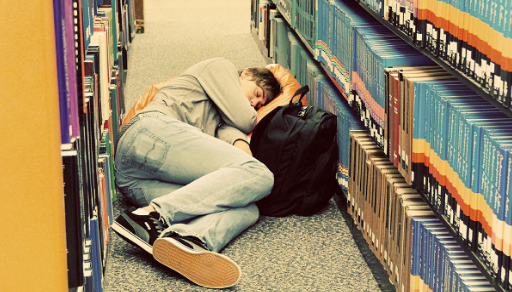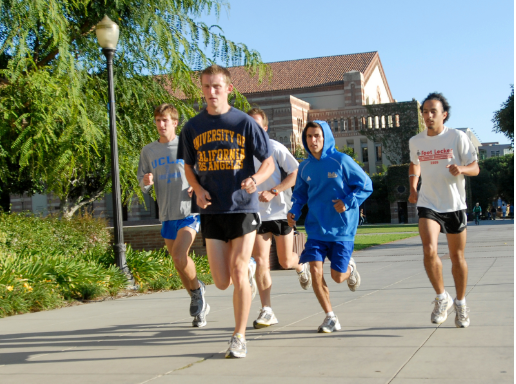Key tip: Good night sleep
- Dalyl Lachkar

- Nov 2, 2022
- 2 min read

Students with busy schedules do not always have the possibility of a goodnight’s sleep. When the tasks are piling up too much, or simply when procrastination gets the better of us, we as students end up sacrificing some of our sleep for some more time to stay productive. But wait. Is this the healthiest and & most effective for a student?
The perks of a good sleep
According to the CDC, the average 18-60-year-old needs about 7+ hours of sleep a night for optimal benefits. Managing to sleep 7+ hours a night will not make you a genius, but has for sure tons of benefits for your daily life as a student. Ready? Let’s walk you through them now.

Productivity boost
Having enough sleep has been known to boost concentration and overall productivity by a noticeable amount. This is not too hard to believe, logically someone with 2 hours of sleep and no energy to even stay awake is going to be less productive than usual. Also, it has been proven many times again that academic performance will always be higher for individuals that have had enough sleep than for people who were deprived of their sleep (1).

Maximizing your athletic performance
A student that is well-rested is not just mentally more capable, but also physically. Imagine going for a run with just 3 hours of sleep! You’re almost guaranteed to perform worse than if you were well-rested. Next to your overall energy level, more sleep is also favorable for muscular endurance and helps to build and strengthen and grow your muscles after a good day of lifting weights in the gym (2). So, if you want to take your body to the next level, an important note to keep in mind: Sleep. Sleep. Sleep!
Losing weight
Trouble losing or maintaining your weight? Sleep’s got your back: sleeping actually burns a bunch of calories! Depending on your current weight, you can burn around 50 calories per hour of sleep (3). This does not mean, however, that students should just start sleeping for 15 hours at a time to lose a couple of pounds, as oversleeping can be just as bad for you as undersleeping: sleeping too much can lead to medical complications (4).
Sources:
https://www.ncbi.nlm.nih.gov/pmc/articles/PMC6143346/
https://sportslabnyc.com/sleep-muscle-recovery/
https://www.menshealth.com/health/a38114010/how-many-calories-do-you-burn-sleeping/
https://www.hopkinsmedicine.org/health/wellness-and-prevention/oversleeping-bad-for-your-health
%201_09_32%20p_m_.png)




Comments